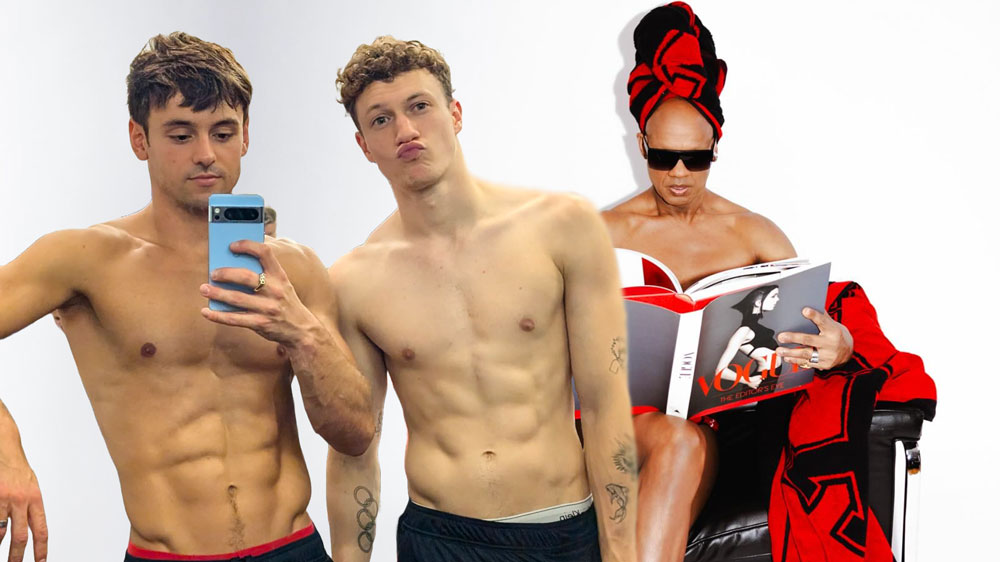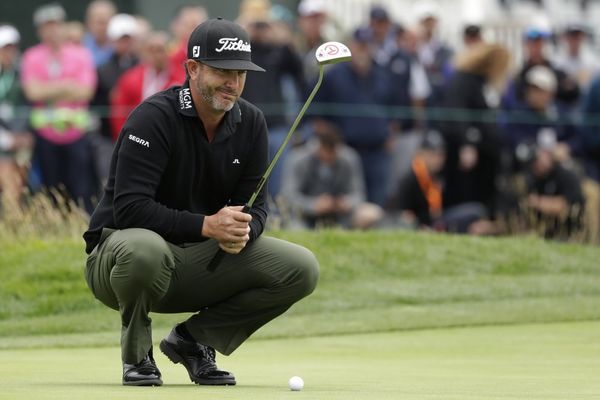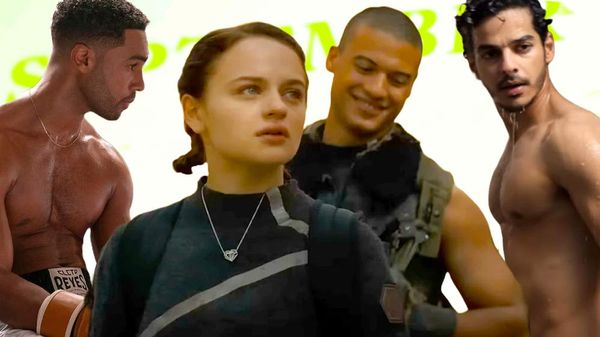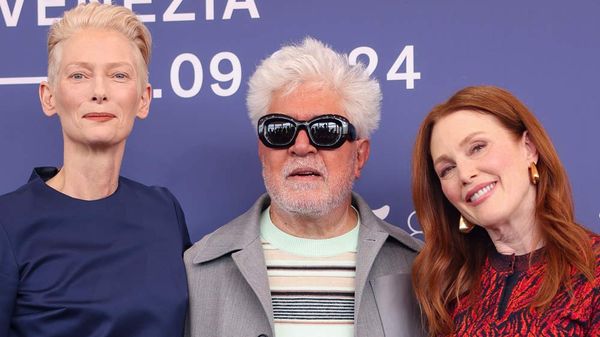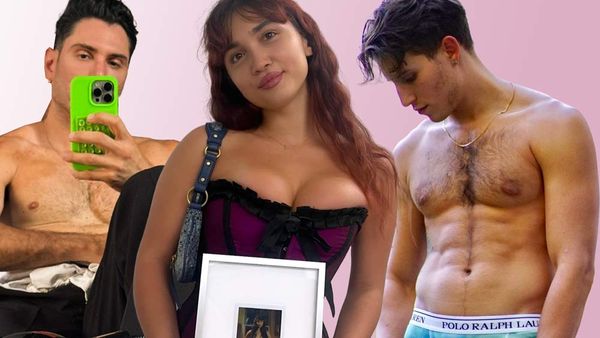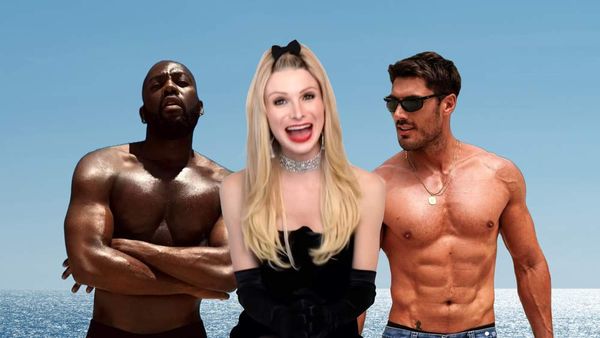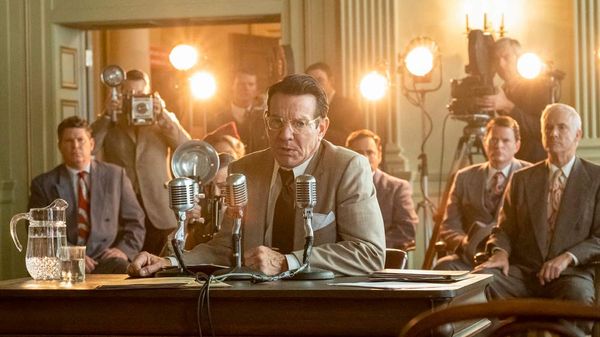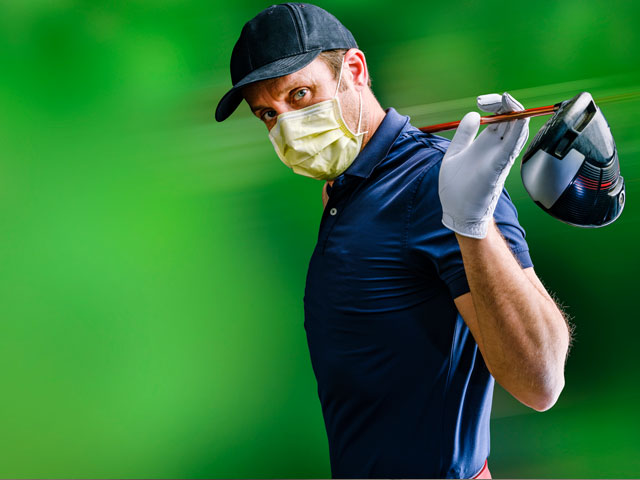
August 10, 2020
Swing Out! LGBTQ Golf Greats
READ TIME: 5 MIN.
With coronavirus taking its toll on most professional sports, there's one where the competition is ultimately with oneself: golf. Twenty-three-year-old Collin Morikawa just won his first major PGA tournament this weekend, scoring a $1.98 million win. Morikawa represents the small diversity in the sport, following in the footsteps of Tiger Woods. But what about LGBTQ representation?
"The biggest challenge is, I think, the challenge that everyone in golf shares, which is how do you grow this game?" said former CEO of the PGA of America Pete Bevacqua in a Reuters interview. "How do you make this game more accessible and more diverse?
Over the past 20 or so years, golf has been one of the fastest-growing international sports. In the developed world, the sport is a relatively high-profile one, garnering a fair share of its media attention toward the game's prominent players. Amateurs and professional golfers range across all age groups and demographics, but the representation of the LGBTQ community has been somewhat less than other sports.
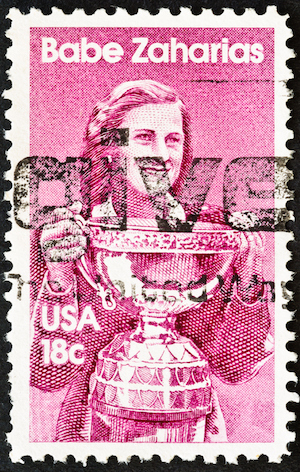
Source: Getty Images
On the Ladies Professional Golfers Association tour, the two top female players in the sport's history were known to be lesbian. United States golfer Babe Didrickson Zaharias was voted the Greatest Female Athlete of the First Half of the Twentieth Century by the Associated Press. At the same time, Australian Karrie Webb tied with Zaharias for the most professional wins ever, along with being the first player in history to win all LPGA majors.
A Texas native, Didrickson earned the nickname "Babe" after Babe Ruth, as she developed her reputation as a baseball slugger. She competed in the 1932 Olympics in Los Angeles and won two gold medals, setting world records in both the 80-meter hurdles and javelin throw. After the Olympics, she took up the game of golf.
Before the days of high-tech drivers and 300-yard bomb drives, she was known for her commanding presence on the course. She won the U.S. Women's Amateur tournament in 1946 and followed up capturing the British Ladies Amateur Tournament in 1947, the year she turned pro.
After having won nearly every existing golf tournament or title by 1950, she became a founding member of the LPGA. In 1951, she was inducted into the LPGA Hall of Fame and the National Women's Hall of Fame in 1976.
Didrickson was widely recognized for her ability and was often stereotyped by her "masculine" ways, and perhaps as a reaction married wrestler George Zaharia in 1938. But it was widely known that while touring in the LPGA circuit, she had a long intimate relationship with fellow LPGA pro, Betty Dodd. In the final six years of Didrickson's life, the two lived together in a quiet, private manner until her death from cancer in 1956.
Webb's path to greatness was all about golf, having started the game at the age of eight. By her early teens, she was competing and beating top local men players in her home country of Australia. In 1994 she turned professional and joined the Women's Professional Golfers' European Tour and won the Women's British Open in the following year before joining the LPGA Tour in 1996. She capped the season by winning the LPGA Rookie of the Year award. In 1998 she posted twenty top-20 finishes, captured six tournament titles, and was named Player of the Year. Unlike Didrickson, who was known for power, Webb was widely known for her prowess with a putter and was greatly responsible for her success.
Fiercely private, a 2002 book by Australian golf journalist Charles Happell revealed Webb's relationship with fellow LPGA golfer Kelly Robbins. Webb has kept her personal life to herself, focusing more on her future as a golfer and ambassador and mentor of the game to the younger players of today.
Other notable LGBTQ players on the LPGA Tour include Patty Sheehan and Jane Geddes.
Sheehan grew up in Middlebury, Vermont, and Lake Tahoe, Nevada, as her father was an Olympic ski coach. At age 13, she was ranked the number one downhill skier for her age in the country. Always a golfer, but just as a secondary sport, at the age of 18, her handicap went down to scratch, and the University of Nevada-Reno offered her a scholarship to play.
She won state titles in both Nevada and California as an amateur and was runner-up in the 1979 U.S. Women's Amateur Championship. In 1980, she was undefeated on the Curtis Cup team and earned LPGA Rookie of the Year honors in 1981. The Hall of Famer pulled back from LPGA events in the late 1990s and made her sexual orientation known to the public in 1998. Sheehan and longtime partner Rebecca Gaston were married on New Year's Eve, 2013.
A New York native, Geddes played her collegiate golf at Florida State University and was a member of the Seminole's NCAA National Championship Golf team in 1981. After joining the LPGA Tour in 1983, she posted runner-up finishes three times before winning her first professional victory, winning the 1986 U.S. Women's Open in an 18-hole playoff. In 1987 she posted five victories, and four second-place finishes and finished third on the LPGA money list.
In 2000, Geddes was recognized as one of the LPGA's top-50 players and teachers during the LPGA's 50h Anniversary celebration in 2000. She retired after the 2003 season. Geddes and partner, former professional tennis player Gigi Fernandez made public their relationship in a 2010 New York Times article.
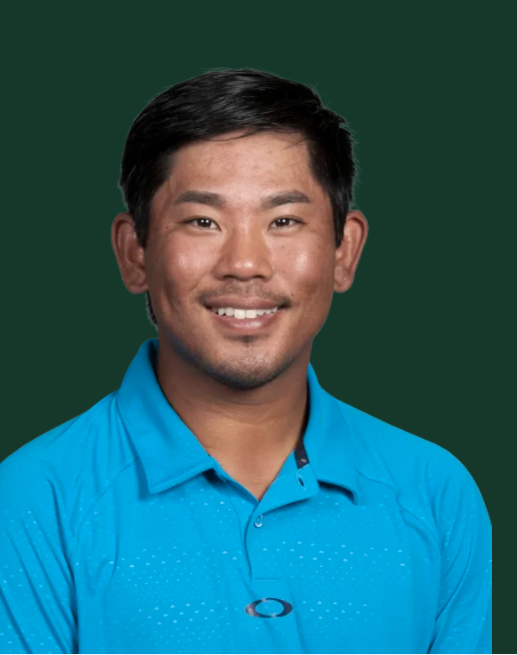
Source: pgatour.com
In 2018, American golfer Tadd Fujikawa became the first male Professional Golf Association player to come out as gay. The Honolulu native announced via his Instagram account, explaining to his followers that he "made the decision to go public with his homosexuality with the of being an inspiration and making a difference in someone's life."
Fujikawa competed in the 2006 U.S. Open as a 15-year old, and in the following year, made the cut at the 2007 Sony Open as an amateur. That same year he became a pro golfer and competed in PGA Tour events from 2006 and 2017 but hasn't made the cut for any events since that time.
The golf world is slowly embracing the LGBTQ community and engaging its participation to increase diversity, inclusion, and help to grow the sport. The annual German Rainbow Open has been in operation for 16 years and now draws LGBTQ professionals from around the world to participate.
Jordan Fuller is a retired golfer and a mentor who loves seeing aspiring golfers know and improve their skills. Jordan is also a writer and owns a golf site,www.golfinfluence.com, where he shares tips, guides and reviews that will help golfers in their game.
